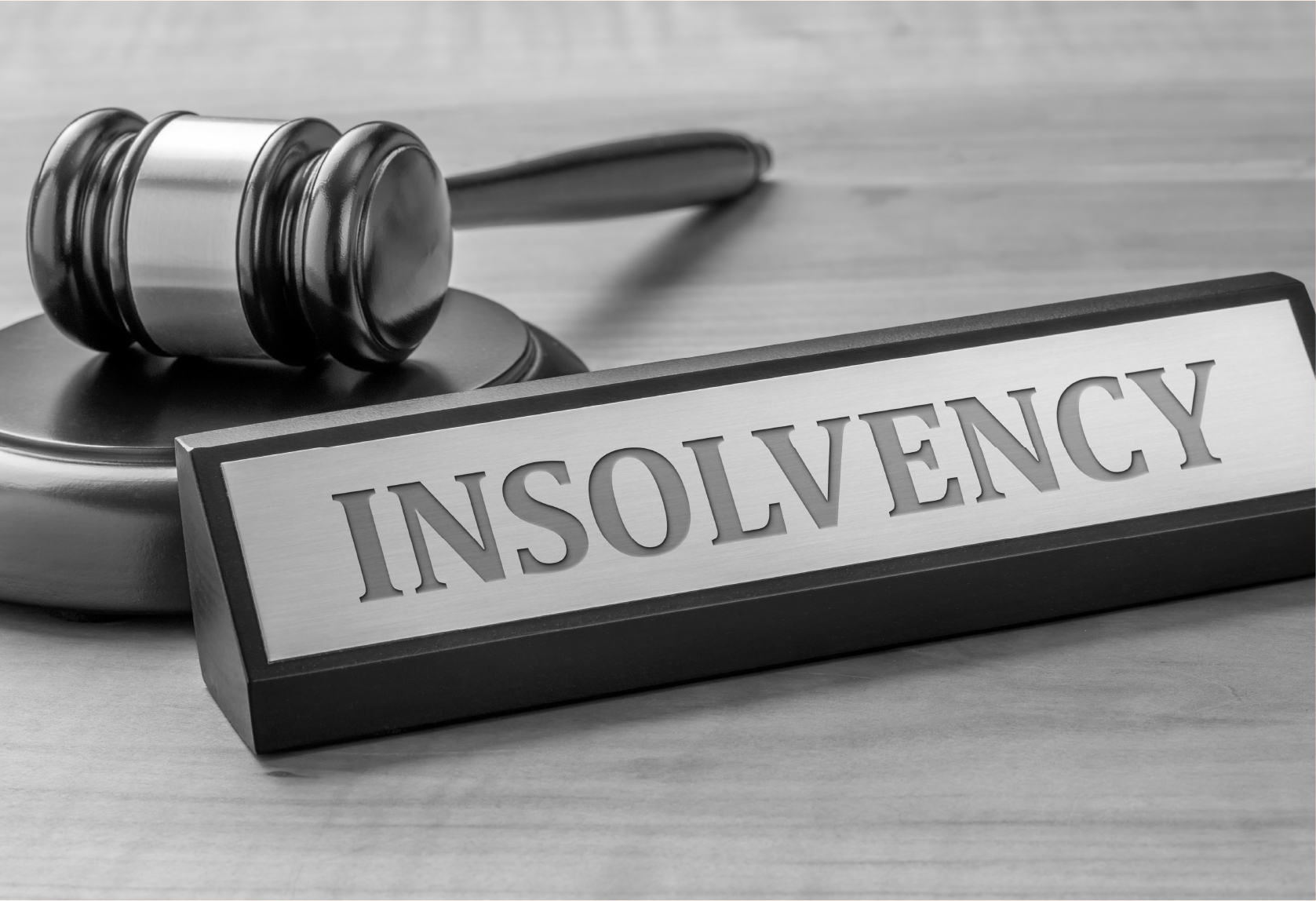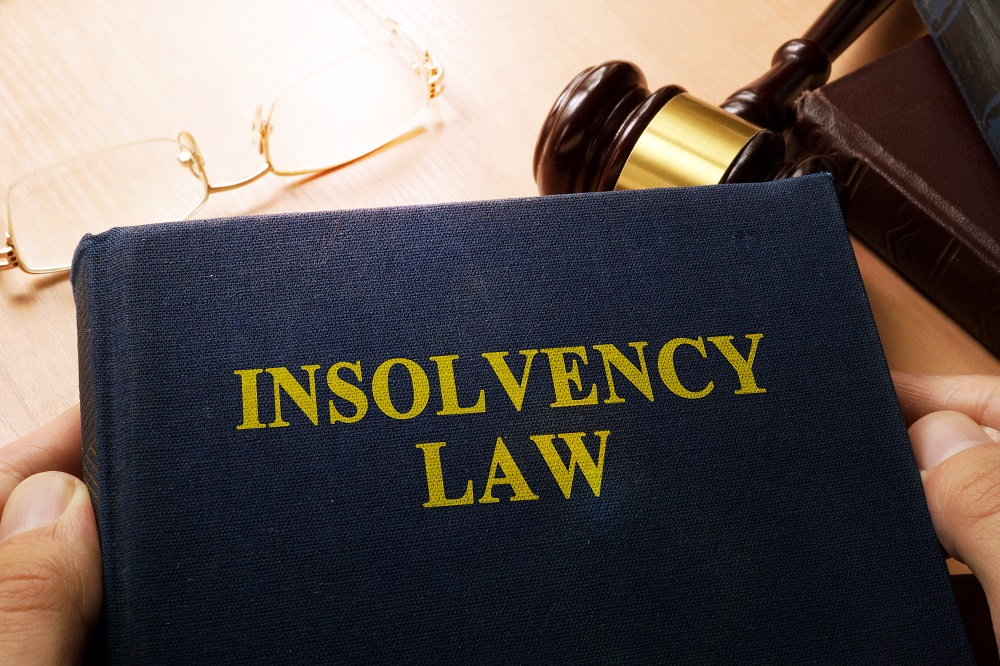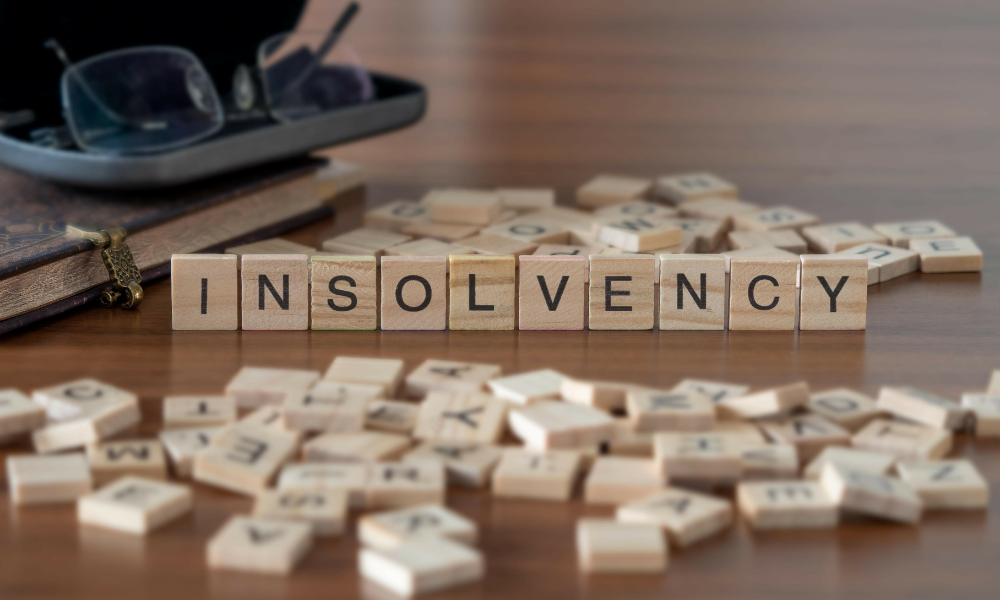Facing financial difficulties can be a daunting experience, and the thought of bankruptcy often looms large. However, it is crucial to understand that there are steps you can take to mitigate this situation before it escalates. Engaging with insolvency lawyers at the right time can be the difference between recovery and financial ruin. This article explores when it is appropriate to contact these legal professionals and how they can assist you in navigating the complexities of insolvency.
Understanding Insolvency and Bankruptcy
Insolvency occurs when an individual or business is unable to pay their debts as they fall due. It is important to distinguish between insolvency and bankruptcy. Bankruptcy is a legal status that arises when an individual or business formally declares their inability to pay debts. Understanding these terms is essential in recognising when to seek professional help.
The Signs of Insolvency
Recognising the signs of insolvency early can provide a crucial opportunity to take action. Common indicators include persistent cash flow problems, missed payments, and mounting debts. If you find yourself constantly juggling bills or receiving threatening letters from creditors, it may be time to consult with an insolvency lawyer.
Another red flag is the reliance on credit to meet everyday expenses. If you are using credit cards or loans to pay for basic necessities, this is a clear signal that your financial situation is precarious. Seeking legal advice at this stage can help you explore options before the situation deteriorates further.
Moreover, it is worth noting that emotional stress often accompanies financial difficulties. The pressure of unpaid bills can lead to anxiety and sleepless nights, impacting not just your financial health but your overall well-being. Many individuals find themselves in a cycle of worry, which can cloud their judgment and hinder their ability to make sound financial decisions. Therefore, addressing the psychological aspects of insolvency is just as important as tackling the financial ones.
The Difference Between Personal and Corporate Insolvency
It is also essential to understand the differences between personal and corporate insolvency. Personal insolvency refers to individuals who cannot meet their financial obligations, while corporate insolvency pertains to businesses facing similar challenges. The legal frameworks and options available differ significantly between the two, making it imperative to seek advice tailored to your specific circumstances.
In the case of corporate insolvency, the implications can extend beyond just the business owners to employees, suppliers, and even the wider community. For instance, a failing business may lead to job losses, affecting families and local economies. Additionally, the process of corporate insolvency often involves complex legal proceedings, such as administration or liquidation, which require careful navigation to protect the interests of all stakeholders involved. Understanding these nuances can help individuals and business owners make informed decisions during a challenging time.
When to Seek Legal Advice
Knowing when to contact insolvency lawyers is paramount. Early intervention can often prevent a situation from escalating to bankruptcy. Here are some critical moments when seeking legal advice is advisable.
Before Taking Any Action
Before making any decisions regarding your financial future, it is wise to consult with an insolvency lawyer. They can provide a comprehensive overview of your situation and outline potential options. Whether you are considering negotiating with creditors, restructuring your debts, or exploring formal insolvency procedures, legal advice is invaluable.
Taking action without proper guidance can lead to unintended consequences. For instance, selling assets or taking out loans to cover debts may complicate your situation further. An insolvency lawyer can help you navigate these decisions with a clear understanding of the legal implications.
Furthermore, understanding the nuances of insolvency law can be quite complex, as it varies significantly from one jurisdiction to another. A knowledgeable lawyer can help you identify which laws apply to your specific circumstances, ensuring that you are not inadvertently violating any regulations. This legal insight can empower you to make informed decisions that align with your long-term financial health, rather than opting for quick fixes that may lead to more severe repercussions down the line.
If You Are Facing Legal Action
If creditors are threatening legal action against you, it is crucial to act swiftly. Ignoring these threats can lead to court proceedings, which may result in further financial distress. An insolvency lawyer can assist in negotiating with creditors and may even help to halt legal action while you explore your options.
In many cases, creditors are open to negotiation and may prefer to reach a settlement rather than pursue lengthy and costly legal proceedings. An experienced lawyer can advocate on your behalf, potentially leading to more favourable outcomes.
Moreover, it’s important to recognise that legal action can also have a profound impact on your credit rating and future borrowing capabilities. Engaging with an insolvency lawyer at this stage not only helps to mitigate immediate threats but also assists in formulating a strategy to rebuild your creditworthiness over time. They can provide guidance on how to manage your finances post-negotiation, ensuring that you are better equipped to handle any future financial challenges. This proactive approach can be instrumental in regaining control of your financial situation and restoring your peace of mind.
Exploring Your Options
Once you have decided to seek legal advice, your insolvency lawyer will help you explore the various options available to you. Understanding these options is vital in making informed decisions about your financial future.
Debt Agreements
A debt agreement is a formal arrangement between you and your creditors to pay off your debts over a specified period. This option can be suitable for individuals who have a steady income but are struggling to meet their obligations. An insolvency lawyer can assist in drafting and negotiating the terms of the agreement, ensuring it is fair and manageable.
Entering into a debt agreement can provide relief from creditor pressure and allow you to regain control of your finances. However, it is essential to understand the implications, including how it may affect your credit rating and future borrowing capacity.
Personal Insolvency Agreements (PIAs)
A Personal Insolvency Agreement is a legally binding agreement between you and your creditors, allowing you to repay a portion of your debts over a set period. This option is often more flexible than bankruptcy and can help you avoid the severe consequences associated with declaring bankruptcy.
Your insolvency lawyer will guide you through the process of setting up a PIA, including negotiating with creditors and ensuring compliance with legal requirements. This option can be particularly beneficial for those who wish to maintain their assets while addressing their financial difficulties.
Bankruptcy as a Last Resort
Bankruptcy should always be considered a last resort. While it can provide immediate relief from debts, it comes with significant long-term consequences, including damage to your credit rating and restrictions on future financial activities. An insolvency lawyer can help you understand these implications and explore whether bankruptcy is truly necessary in your situation.

If bankruptcy is the only viable option, your lawyer will assist you in navigating the process, ensuring that you comply with all legal requirements and understand your rights and responsibilities.
The Role of Insolvency Lawyers
Insolvency lawyer Sydney play a crucial role in guiding individuals and businesses through financial distress. Their expertise can help you make informed decisions and navigate the complexities of insolvency law.
Providing Expert Advice
One of the primary roles of an insolvency lawyer is to provide expert advice tailored to your specific situation. They can assess your financial circumstances, explain your rights, and outline potential options. This guidance can be invaluable in helping you understand the best course of action.
Insolvency lawyers also stay abreast of changes in legislation and regulations, ensuring that you receive the most up-to-date advice. This knowledge can be crucial in navigating the complexities of insolvency and making informed decisions.
Negotiating with Creditors
Negotiating with creditors can be a daunting task, especially when emotions run high. Insolvency lawyers can act as intermediaries, negotiating on your behalf to reach favourable terms. Their experience in dealing with creditors can often lead to better outcomes than if you were to negotiate on your own.
Moreover, having a lawyer represent you can provide a sense of reassurance and professionalism in discussions with creditors. This can often lead to more constructive conversations and ultimately better resolutions.
Representing You in Legal Proceedings
If your situation escalates to legal proceedings, having an insolvency lawyer by your side is essential. They can represent you in court, ensuring that your rights are protected and that you receive fair treatment throughout the process.
Insolvency lawyers are skilled in litigation and can navigate the complexities of court proceedings. Their expertise can significantly impact the outcome of your case, making it imperative to have professional representation when facing legal challenges.
Choosing the Right Insolvency Lawyer
Finding the right insolvency lawyer is crucial in ensuring you receive the best possible advice and representation. Here are some factors to consider when making your choice.
Experience and Expertise
When selecting an insolvency lawyer, consider their experience and expertise in the field. Look for a lawyer who specialises in insolvency law and has a proven track record of successfully helping clients navigate financial difficulties.
Additionally, consider their familiarity with the specific challenges you are facing, whether personal or corporate insolvency. An experienced lawyer will have the knowledge and skills necessary to guide you through the process effectively.
Reputation and Reviews
Researching a lawyer’s reputation can provide valuable insight into their capabilities. Look for reviews and testimonials from previous clients to gauge their level of satisfaction. A lawyer with a strong reputation for professionalism and successful outcomes is likely to be a good choice.
Furthermore, consider seeking recommendations from trusted sources, such as friends, family, or financial advisors. Personal referrals can often lead to finding a lawyer who is a good fit for your needs.
Initial Consultation
Many insolvency lawyers offer an initial consultation, allowing you to discuss your situation and assess whether they are the right fit for you. Use this opportunity to ask questions about their approach, fees, and experience.
Pay attention to how comfortable you feel during the consultation. A good lawyer should listen to your concerns, provide clear explanations, and make you feel at ease discussing your financial challenges.

Conclusion
Insolvency can be a complex and overwhelming situation, but it is essential to remember that help is available. Knowing when to contact insolvency lawyers can make a significant difference in your financial future. Early intervention, expert advice, and effective negotiation can often prevent bankruptcy and lead to a more favourable outcome.
By understanding the signs of insolvency, exploring your options, and choosing the right legal representation, you can take control of your financial situation and work towards a brighter future. Do not hesitate to seek help; the sooner you act, the more options you may have to recover from financial distress.
See Also: Understanding Insolvency Law before it threatens your business.




